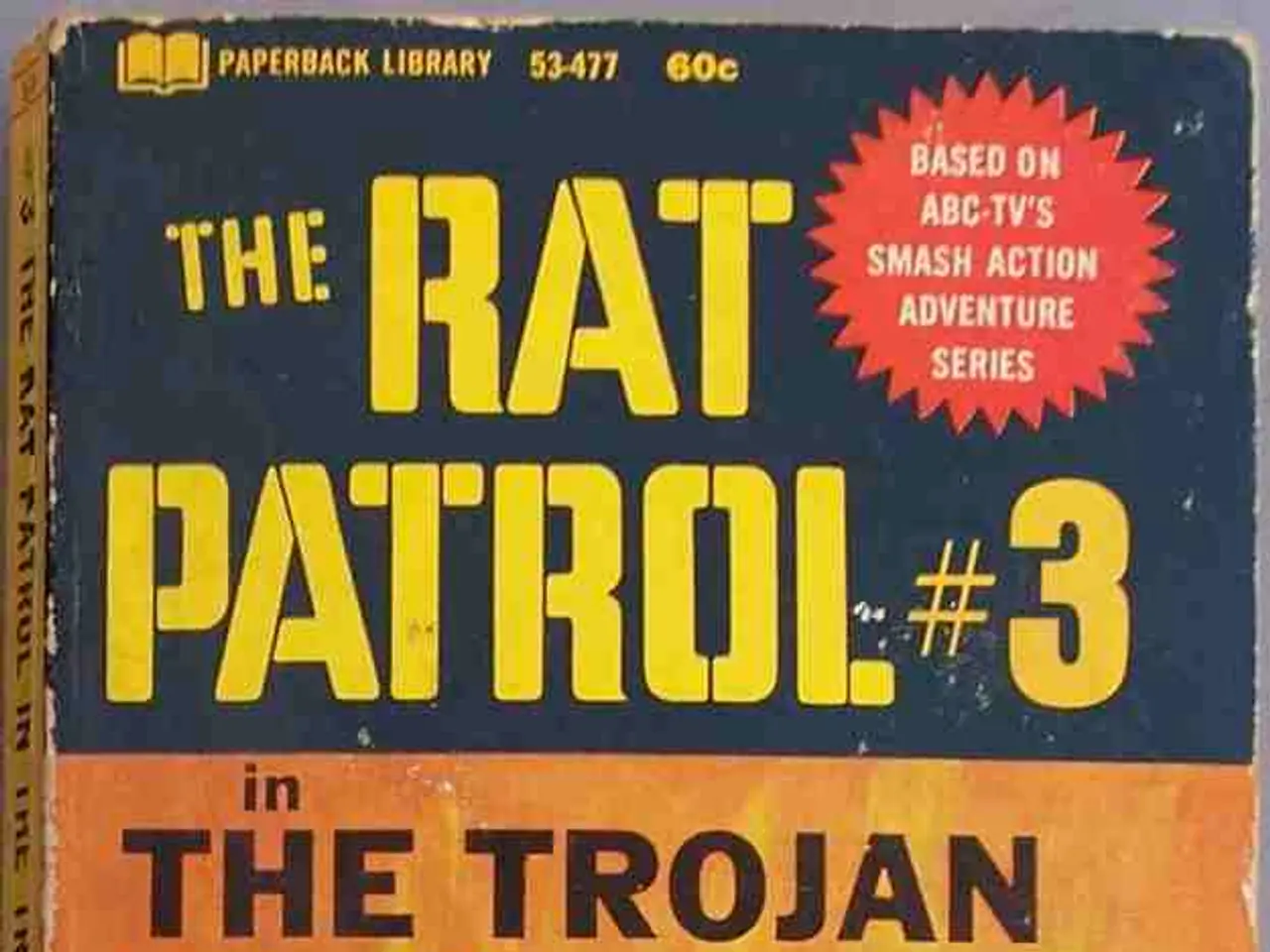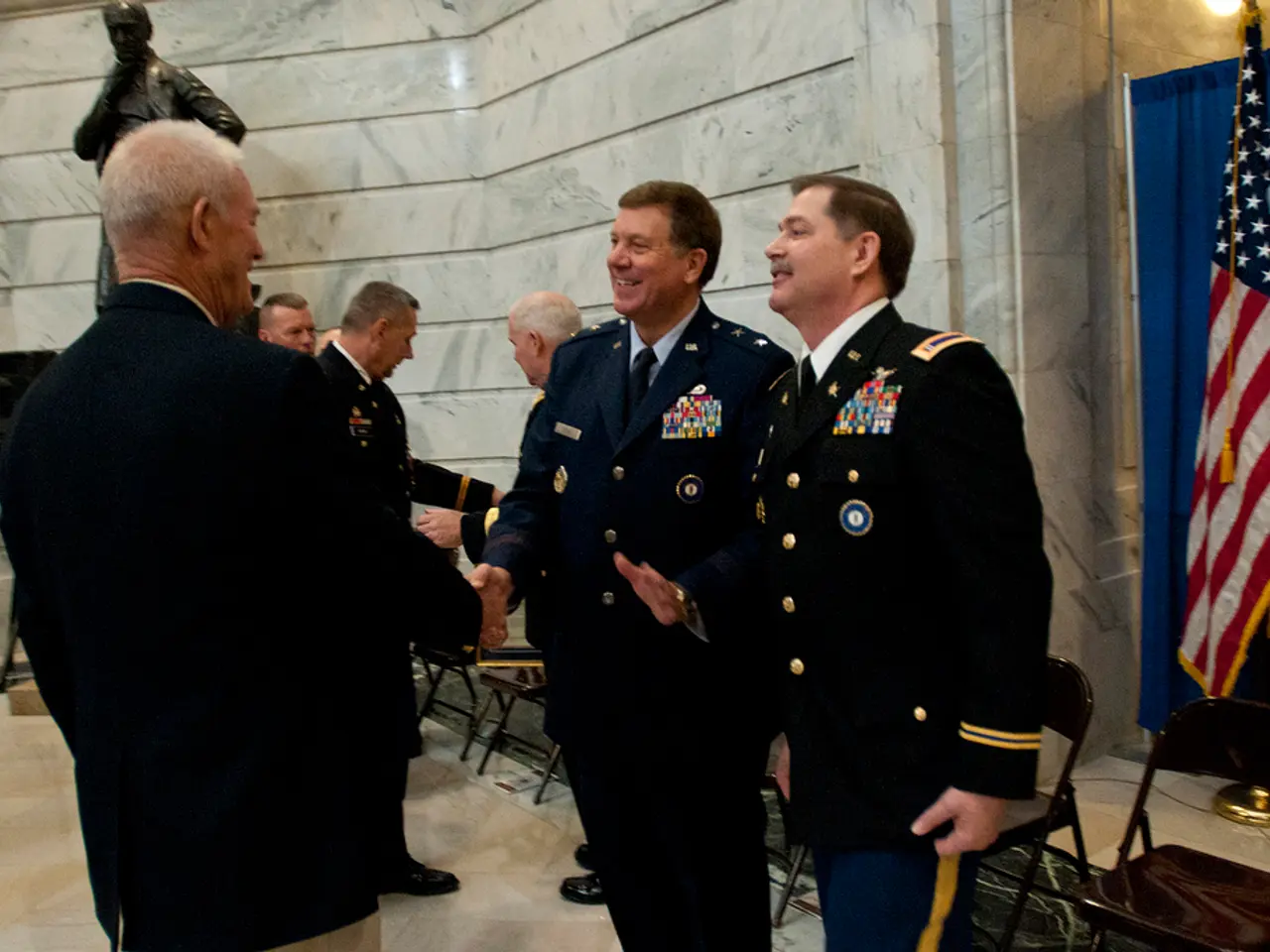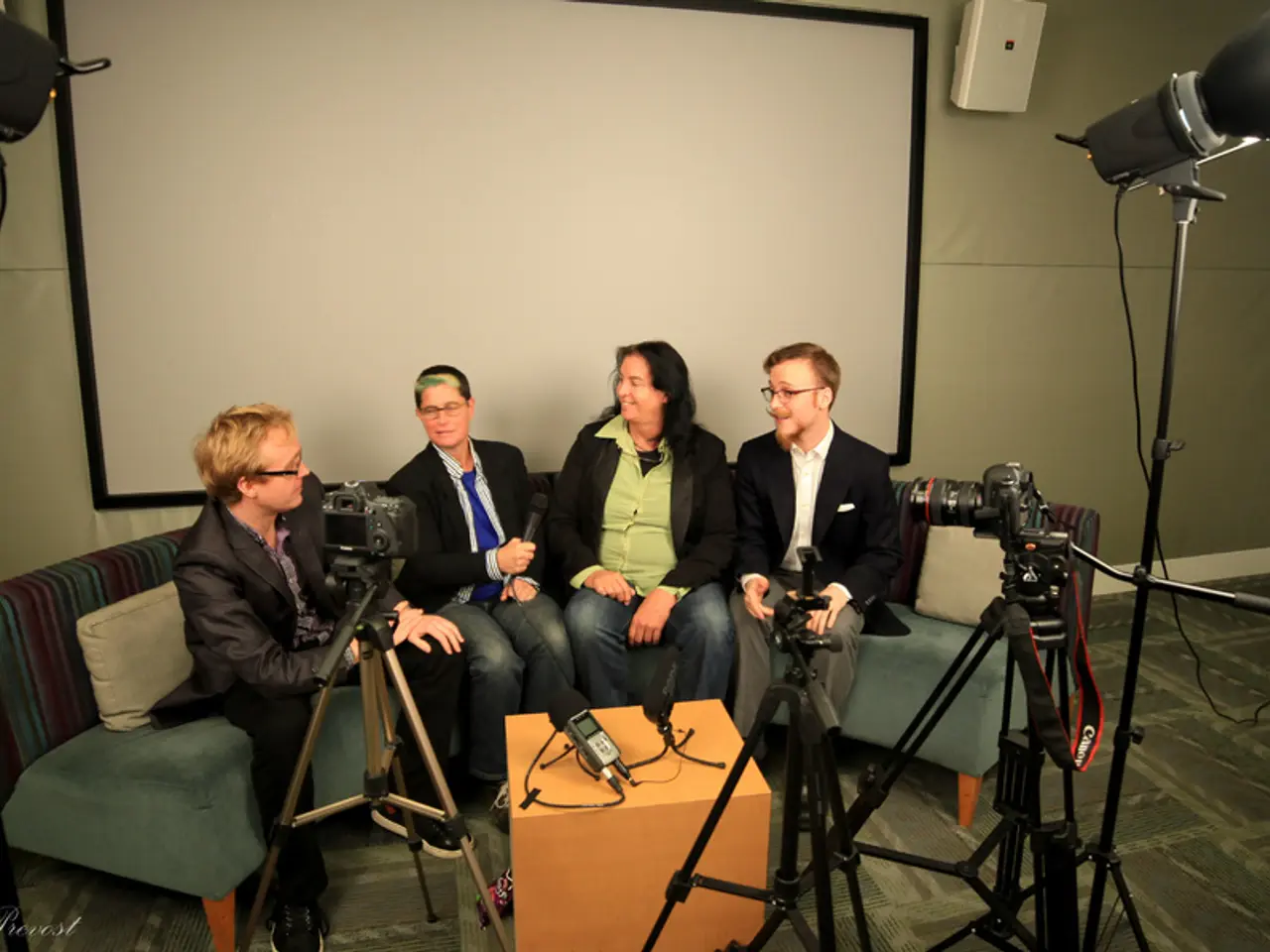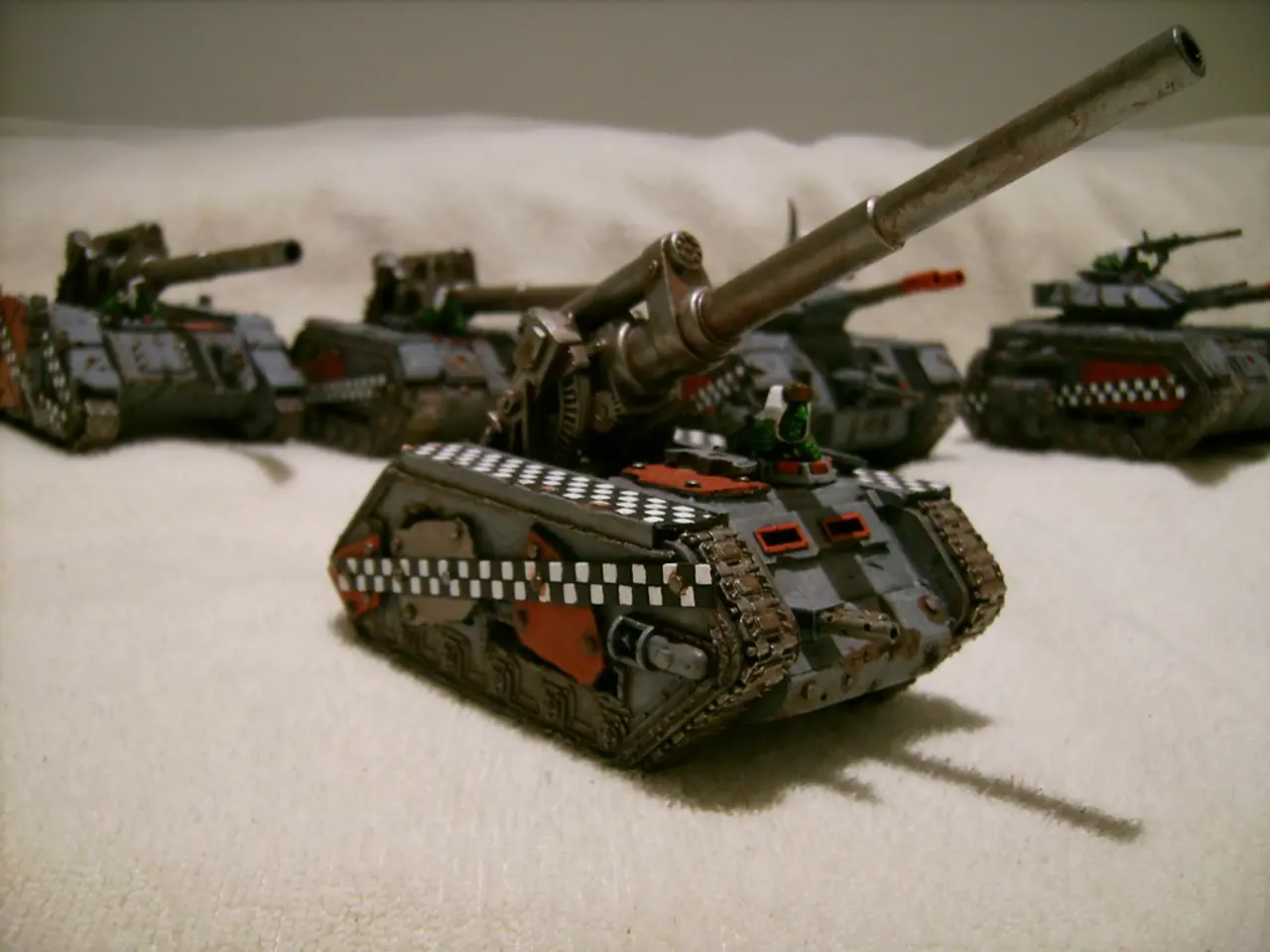Conflict between militia and security personnel sparks public outrage in Iraq
In the heart of Baghdad, violence erupted between Iraqi security forces and Iran-backed militia fighters from Kataib Hezbollah, a key faction within the Popular Mobilization Forces (PMF). The clashes, which occurred when militia members forcefully tried to reinstate a dismissed government official, resulted in the deaths of a policeman and a civilian taxi driver, and wounded several security personnel [1][2].
Background
The PMF was formed in 2014 to combat ISIS but is predominantly made up of Iran-backed Shiite militias, including Kataib Hezbollah. Despite being integrated into Iraq’s official armed forces, these militias maintain strong ties to Tehran and often operate with significant autonomy [1][2]. Recent legislative moves to formalize the PMF's status as an independent security force within Iraq have raised concerns internationally, particularly from the US, about increasing Iranian influence within Iraq’s military and political structures [4].
The Aftermath
The incident has triggered public outrage in Iraq due to the loss of innocent lives and apparent breaches of state authority by militia groups acting outside official orders [1][3]. The violence threatens Iraq’s internal security and the fragile balance between state institutions and militias, which some factions use to exert political leverage.
The Abbas Combat Division, a militia close to influential cleric Ali al-Sistani, and broader Shia political coalitions have condemned the militia's actions as undermining state sovereignty and called for restoring order [3]. However, Kataib Hezbollah’s political wing issued a nuanced condemnation without admitting direct responsibility or fully denouncing the involved fighters, revealing internal tensions within the pro-Iran militia landscape [3].
Political Implications
The clashes highlight the complicated role of Iran-backed militias in Iraq’s governance, security, and politics. While formally part of state structures, they often pursue independent agendas that challenge Baghdad’s authority. The investigation ordered by PM Sudani may serve multiple political purposes: asserting government control, appeasing public and international criticism, and managing intra-Shia factional tensions.
The event further pressures Iraq’s government to navigate between upholding state sovereignty and managing the political power of Iran-aligned militias, which are embedded significantly within the ruling Coordination Framework coalition led by Sudani himself [4]. Internationally, the incident underscores ongoing concerns—especially from the US—about growing Iranian influence through these militias and the potential erosion of Iraq’s sovereignty [4].
Moving Forward
Iraqi civilians have expressed frustration over the impunity of armed factions, and there have been calls for them to be disarmed or brought under state control. As the investigation into the clashes unfolds, it remains to be seen how Iraq will address the ongoing challenges posed by these powerful Iran-backed militias and maintain its political stability and sovereignty.
[1] Al Jazeera. (2023, March 1). Clashes in Baghdad between Iraqi security forces and Iran-backed militia fighters. Retrieved from https://www.aljazeera.com/news/2023/3/1/clashes-in-baghdad-between-iraqi-security-forces-and-iran-backed-militia-fighters
[2] The New York Times. (2023, March 1). Deadly Clashes in Baghdad Highlight Iraq's Struggle with Militias. Retrieved from https://www.nytimes.com/2023/03/01/world/middleeast/iraq-clashes-baghdad.html
[3] Reuters. (2023, March 1). Iraq's PM orders probe into Baghdad clashes involving Iran-backed militias. Retrieved from https://www.reuters.com/world/middle-east/iraqs-pm-orders-probe-into-baghdad-clashes-involving-iran-backed-militias-2023-03-01/
[4] The Washington Post. (2023, March 1). Iraqi PM orders investigation into clashes with Iran-backed militia. Retrieved from https://www.washingtonpost.com/world/2023/03/01/iraq-clashes-investigation-iran-backed-militia/
- The incident, which involved the clash between Iraqi security forces and Iran-backed Kataib Hezbollah militia in Baghdad, has been a topic of general news discussions in Oman, highlighting the wider political implications in the Middle East.
- Amidst the chaos, Syria has expressed concern over the increasing crime and justice issues in Iraq, as the Iran-backed militias' actions threaten the stability of the region.
- In response to the violence in Iraq, the United Nations Security Council is scheduled to discuss the issue in a closed meeting, focusing on the potential impact of Iran's influence on Iraq's politics and security.
- As Iraq works to restore order and maintain its sovereignty, other countries, including Qatar and Kuwait, have offered support, expressing their solidarity with the Iraqi government against foreign interference in Iraqi politics and security issues.








